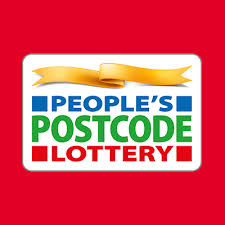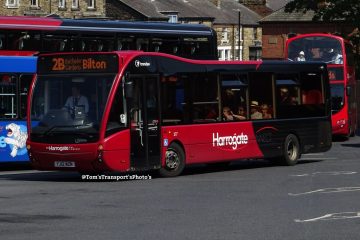Understanding the People’s Postcode Lottery: A Community Boost

Introduction
The People’s Postcode Lottery (PPL) has emerged as a significant contributor to community funding in the United Kingdom. Since its inception in 2005, the lottery has raised over £800 million for various charities, directly impacting thousands of local initiatives. As the UK continues to navigate economic challenges, the importance of such alternative funding models cannot be overstated.
Recent Developments
In recent weeks, the PPL has captured headlines with its latest campaign aimed at encouraging more participants to join while raising awareness about the benefits of community funding. This initiative includes grassroots promotions across the UK, highlighting not only the potential monetary winnings for participants but also the positive outcomes for local charities. In a recent draw, participants in Bristol were surprised with a £1 million jackpot, energising the local community and bolstering support for various local charities.
The PPL operates on a unique model where participants buy tickets that support a wide array of charities. Every month, a portion of the proceeds is allocated towards funding projects in specific areas. For instance, recent reports indicate that projects focusing on health, education, and environmental sustainability have received significant grants from the lottery. Among the funded projects is a mental health initiative in Manchester that aims to provide support for young people, showcasing how PPL is shaping local solutions to pressing issues.
Impact on Communities
Beyond the thrill of winning, the lottery plays a crucial role in community building. Many beneficiaries have reported that funding from the People’s Postcode Lottery has enabled them to expand their reach and enhance their services. According to a recent survey, 76% of charities supported by the PPL agree that the funding has strengthened community ties and addressed local challenges effectively. Events funded by the lottery often bring residents together, strengthening community spirit and involvement.
Conclusion
As the People’s Postcode Lottery continues to grow, its impact on local communities becomes increasingly significant. With continued participation, the PPL can further enrich the support for community projects aimed at addressing essential areas such as health, education, and environment. The ongoing response from the public and charities indicates a promising future, and forecasts suggest that participation may increase as more people recognise the dual benefit of potentially winning cash prizes while funding crucial community work. For readers, involvement in the lottery offers an opportunity to contribute to positive change in their localities, demonstrating how playing can indeed lead to winning in more ways than one.









